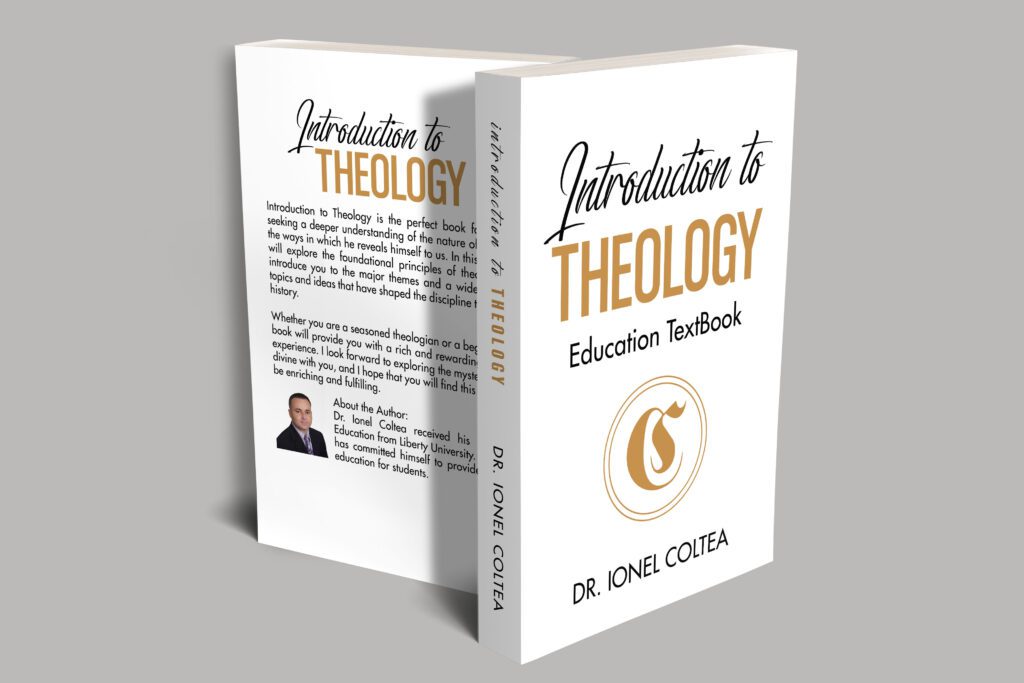The doctrine of the Trinity—one God in three persons: Father, Son, and Holy Spirit—is fundamental to Christian orthodoxy. While the term “Trinity” does not appear in Scripture, the concept is clearly articulated through the biblical narrative and affirmed in creedal formulations like the Nicene Creed.
The Old Testament affirms monotheism: “Hear, O Israel: The Lord our God, the Lord is one” (Deuteronomy 6:4). Yet hints of plurality appear early, such as in Genesis 1:26, “Let us make man in our image,” and in the threefold blessing of Numbers 6:24–26. These references foreshadow the fuller revelation of God’s triune nature.


The New Testament brings clarity. At Jesus’ baptism, all three persons are distinctly present: the Father speaks from heaven, the Son is baptized, and the Spirit descends like a dove (Matthew 3:16–17). The Great Commission also reflects Trinitarian belief: “baptizing them in the name of the Father and of the Son and of the Holy Spirit” (Matthew 28:19). The singular “name” with three persons suggests unity and distinction within the Godhead.
The early Church wrestled with articulating this mystery. The Cappadocian Fathers—Basil the Great, Gregory of Nyssa, and Gregory of Nazianzus—helped clarify that the Father, Son, and Spirit are homoousios (of the same essence) but distinct in personhood (hypostasis). This preserved the unity of God while affirming the real distinctions among the persons.
Christological controversies also shaped Trinitarian theology. Jesus is fully God (John 1:1, Colossians 2:9) and fully man (Hebrews 2:17), and the Spirit is not merely a force but a divine person (Acts 5:3–4). Misunderstandings such as modalism (one person appearing in different modes) or tritheism (three separate gods) were rejected as heresies.


Theologically, the Trinity reveals that relationship and love are intrinsic to God’s nature. 1 John 4:8 affirms that “God is love,” and this is eternally true because within the Trinity there is perfect communion. The relational life of the Trinity serves as a model for Christian community and unity in diversity.
Ultimately, while the Trinity is a mystery beyond full human comprehension, it is a revealed truth necessary for understanding God’s nature and work. It guards the gospel by affirming the deity of Christ and the Spirit and grounds our worship in the triune God.
Check our academic programs here ⇒
Photo by AI






